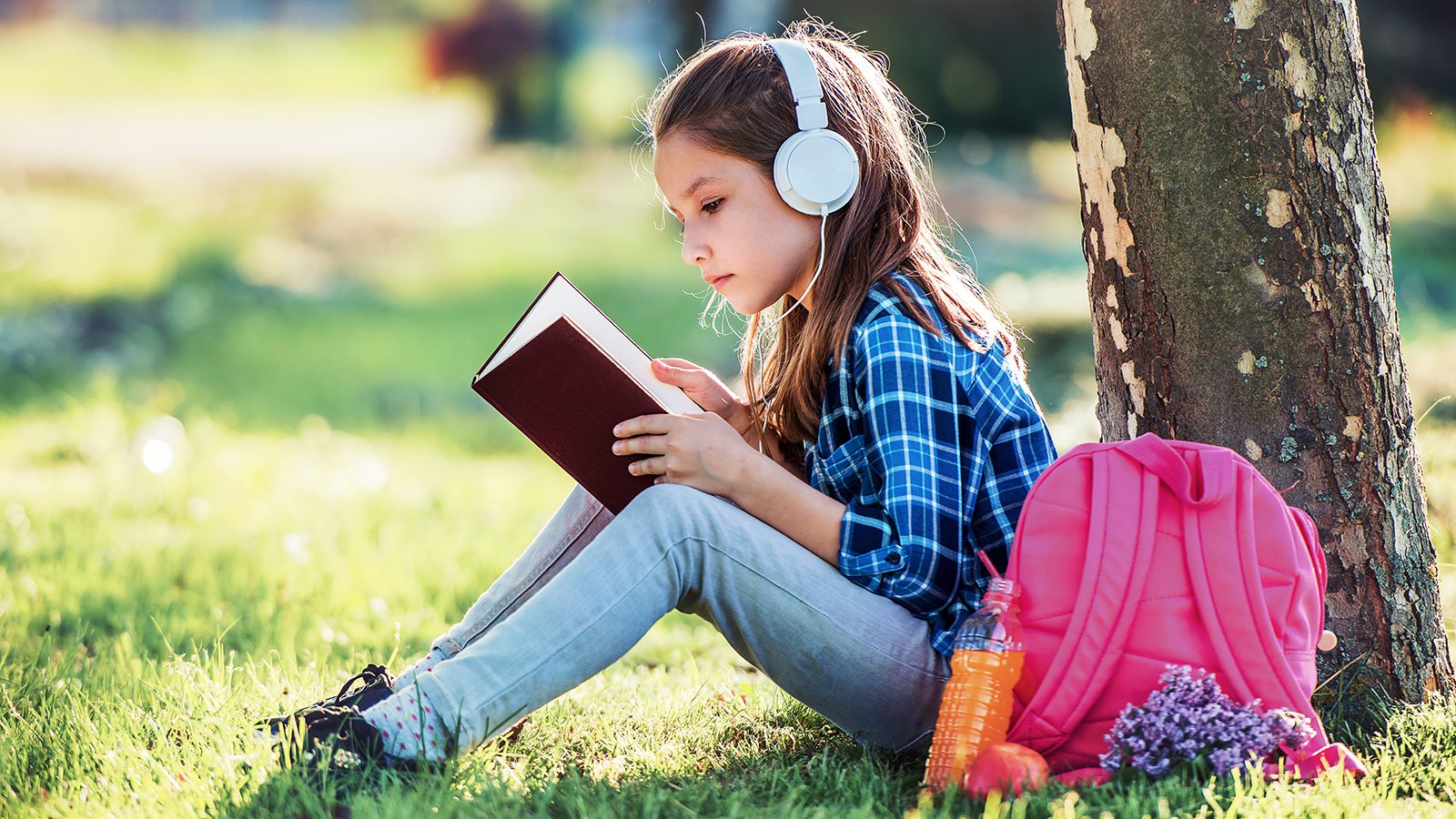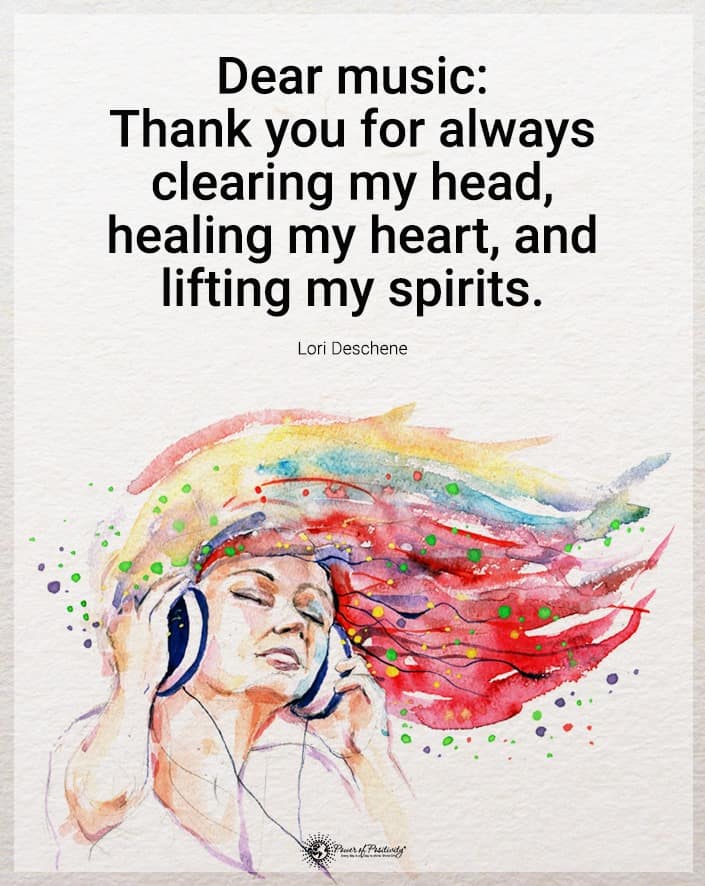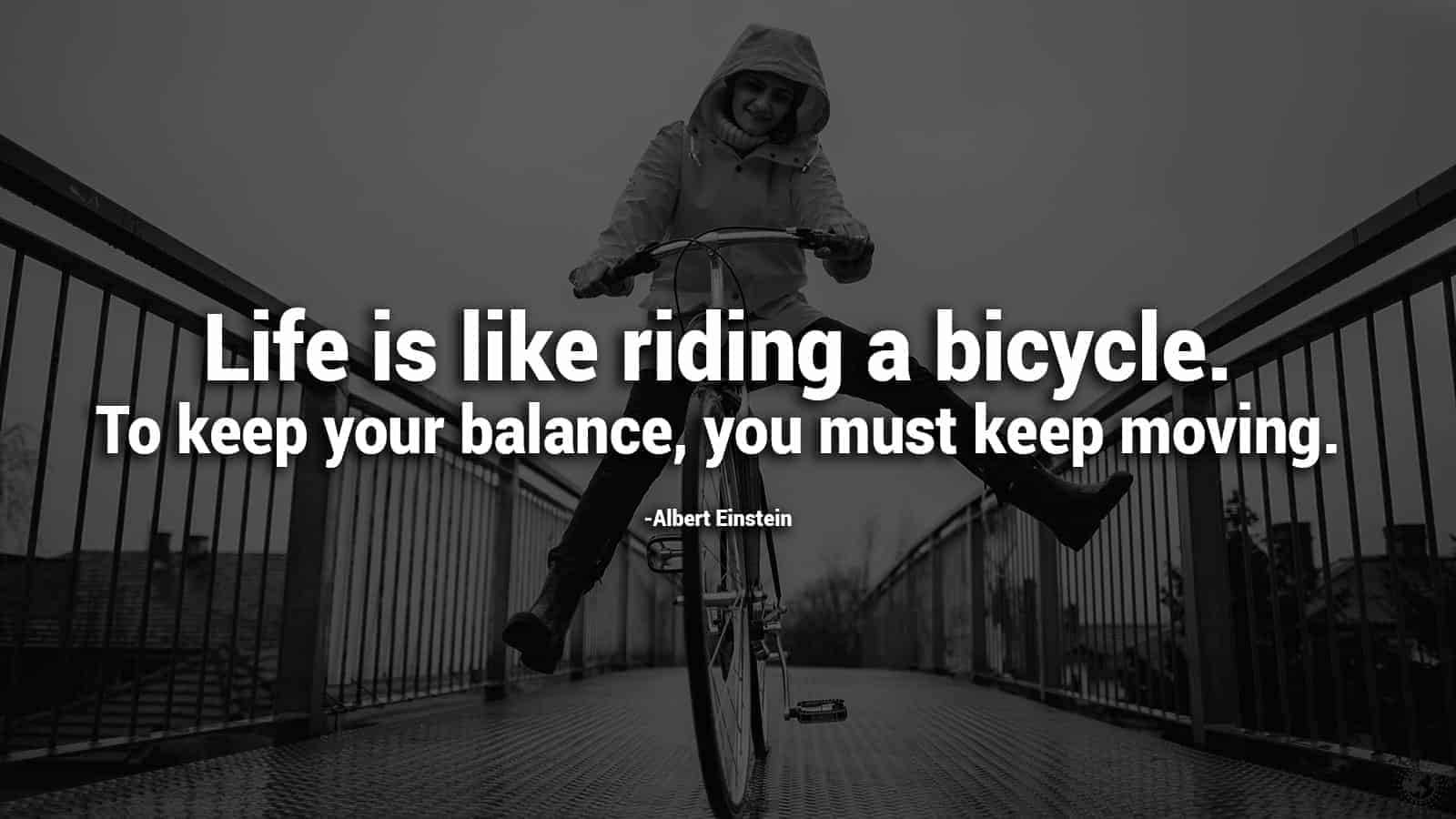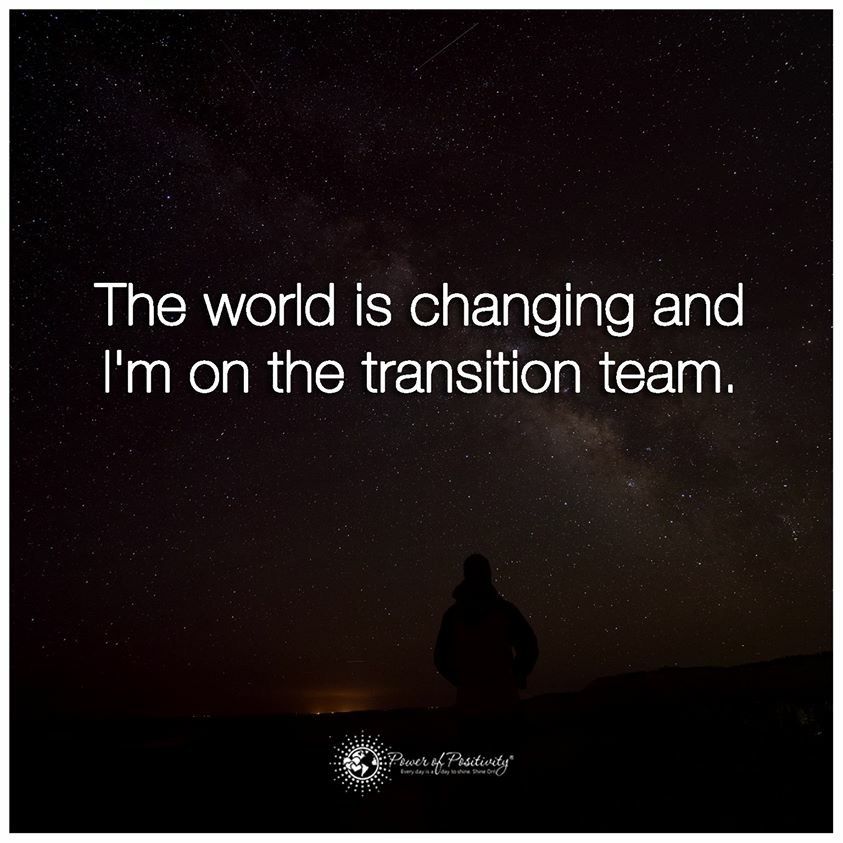Children love music. From the cradle, they listen to lullabies, and as they age, you’ll find that music is an integral part of their growing and learning. However, did you ever think those sweet melodies could help them learn to read?
There’s lots of evidence and studies about music’s benefits. Even stroke patients can learn to speak again when certain melodies are introduced into their brains. Have you ever had an MRI? Most people are terrified of those big, noisy machines like the CT and MRI machines. Yet, when they give you some tunes to listen to, it helps to ease the anxiety you feel. You’re less likely to concentrate on all the other stuff around you.
Learning to read is a difficult task for a young child. According to the US Department of Education, most children learn to read by age seven, and some even earlier. How can listening to melodies that get them singing and dancing help them to become a better reader?
Music and Learning Go Hand-in-Hand
In early childhood, many cartoons and shows geared toward kids use captivating melodies to get them to join in. If you’ve watched the program Blue’s Clues, you may notice that they sing and dance around when the mail comes. Of course, it’s not that exciting when the mail comes for you, but to a child, the melody motivates them.
The creators of this show will also write the word “Mail” across the screen and on the box. Your child will learn to recognize that word simply by association. The song, graphics, and carefully placed clues make it fun to learn new concepts.
The Northwestern University Auditory Neuroscience department conducted a study in 2014. The goal was to see if teachers’ use of instruments in other classes would improve the brain’s processing abilities. Nina Kraus directed the study, and the method to prove her theories was to use EEG machines to measure how the brain responded to the stimulation.
In their analyses, more than fifty percent of students dropped out early. However, when they brought melodies into other classrooms through a groundbreaking project, the retention rates were 93 percent. Additionally, many of these children went on to further their education.
Sadly, many school systems don’t have the resources to provide such benefits, and the children suffer.
Music and the Brain Project for Struggling Schools
It’s imperative to bring more melodies into the schools to enhance the learning of all types, but it’s essential for reading. Music and the Brain were created to help improve math, English, and literacy. The program is used in nearly three hundred schools across the country.
The 42nd St. Development Corporation funds the project. They conducted independent research studies first, starting in Queens, New York. They tested the children at the beginning and again at the end of the school year. However, they implemented this program that brought harmonies into the classroom.
The results were uncanny. Nearly twenty percent of the students in just one school increased their vocabulary. Additionally, over twenty-five percent had improved verbal sequencing. The students who didn’t participate in these therapies only showed a two percent increase in their vocabulary skills.
It’s not just theories that bring more melodies into the classroom works, as there’s scientific evidence behind them.
How Tunes Can Help with Literacy
Everyone has that certain song that transports you to another time and place when you hear it. Maybe you remember a past love, a special event, or even a movie that made your emotions spin. Melodies can motivate everyone, from a baby to a senior, and you can use this motivation to your advantage.
Did you know that singing along to your favorite song can lift your mood and make you happy? Why do you think they play songs at the gym while you’re working out? They know you will enjoy your routine better as you’re motivated by the melodies.
Regarding learning, these harmonies can stimulate the brain to help with literacy. Here are a few ways those jazzy beats can help your child’s reading.
1. Music Strengthens Attention and Focus
In early childhood, many parents find that keeping the focus and attention of their child is impossible. Their brain still has much learning and calming to do, so this area can make reading a challenge. Musical training requires them to focus, as it requires much attention.
When you put on some tunes that your child likes, it helps them to be more interested in the activities around them. Have you ever put on some songs while they were cleaning and doing mundane chores? They undoubtedly focused less on the tedious task and more on the vocals.
Reading requires your kid to be focused, but music can be the bridge that connects your child’s focus so they can learn.
2. Music Enhances Memory
Kids can remember anything except when you tell them to clean their room. Through the studies, experts have discovered that melodies are a great way to help link emotion and memory.
When it comes to reading, memory is vital as much of learning the alphabet is about memorization. For your child to develop comprehension skills, they need their mind to be sharp. When music is involved, your child’s memory can improve, and they will better understand learning concepts.
3. Lyrics Expand the Vocabulary
Early childhood requires your kid to learn new words. These words are based on their experiences. They usually say mom or dad first, which they hear repeatedly.
When you expose your child to certain melodies, it has a powerful effect on their little mind. Literacy requires them to learn more words to expand their vocabulary, and what better way to do that than listening to song lyrics?
While you probably have one genre you prefer, it’s best if you expose your child to all types. From classic tunes to hip hop and jazz, your kid will grow their vocabulary and apply what they learn to their education.
4. Music Increases Auditory Sequencing
Have you ever played the game “Memory?” It’s a fun game to play in early childhood as it helps recall. You must turn over the game pieces and find the match by remembering the other parts you previously turned over. Kids love it, but it’s very good at helping them develop their brain’s ability to organize.
The same things happen when they hear songs. They use auditory sequencing, which is imperative for reading. When your kids hear the tunes crank up fast or slow, they learn to distinguish between the two sounds.
A song follows a pattern; your child will hear it and respond. What’s happening internally is their brain is organizing these sounds in order, which they must learn to do for reading comprehension.
5. Childre Learn That Practice Makes Perfect
When your child learned to walk, they fell more than they took steps. They had to practice before they ever developed the ability. In early childhood, good practice habits are essential for reading and many other things.
Your child can enhance their learning instincts just by engaging in music. Why can some children quickly learn to play the piano at such a young age? Their brain is moldable, and their learning songs inspire and push them to do more.
6. Helps with Print Awareness
Print awareness is a fabulous thing when your child is learning literacy. Your kids can often recognize billboards, signs, and magazines without you telling them a thing. It’s because the backdrop for the picture catches their attention, and printed concepts help them learn through patterned text. The same goes when you let children read a printed lyric sheet synced with their favorite nursery rhyme or lullaby.
If you ever had to memorize a poem or song for school, you might have discovered that repeating it is the best way to learn this. The more you quote it, the easier it is for your brain to remember it. In early childhood, many teachers help with literacy by introducing chants and rhymes to help them learn new concepts. Even simple songs about tying their shoe help them to learn.
Teachers learned that during these songs, they could provide opportunities for language experience. When the child sees the exact words printed on materials, they will identify these words simply by the configurations and similarities.
Final Thoughts on Increasing Literacy Through Music
Reading can be a significant hurdle for the child and parent to overcome. Thankfully, the power of music can help your child to expand their mind and pump them up for reading. Some people focus and learn better when tunes are playing in the background.
Even the masterminds behind famous cartoons have learned that if they can introduce concepts through song, they can be more than just entertainment. The more they can teach kids early in childhood, the more likely the parent will let them watch the show. It boosts ratings and helps your child.
Finding ways to make learning fun is imperative. Allowing your child to learn to play an instrument or to engage in quirky melodies while reading helps them flex their brain muscle and grasp these new concepts. It may be just what you need to help your child with this crucial step in their education.

















 Community
Community

